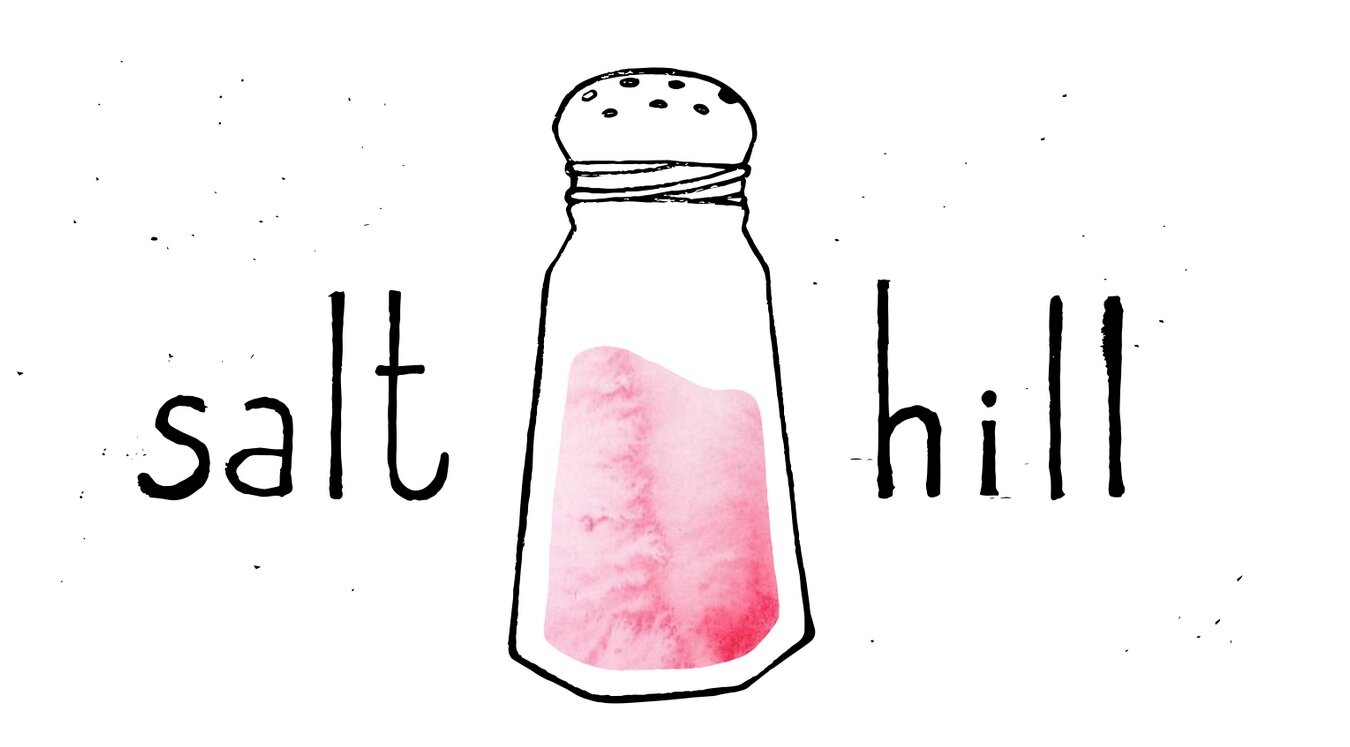The incipient body: A review of Chelsea B DesAutels's A DANGEROUS PLACE
a dangerous place by chelsea b desautels — sarabande books, 2021
poetry / 63 pages / $27
reviewed by grace sutphin
“I’m not here for new prayers;
Only to rest among the old.”
Chelsea B DesAutels’s debut is a staggering assemblage of poetic mobility; both in its formal inventiveness and central resolve. A Dangerous Place tells a story about brutal concurrence within one woman’s body, and how she navigates the pillage of her womb by both cancer and child: indistinguishable in their early stages. An intimate dialect arthritic with grief, each poem is a miracle of looking in. For example, in “Song of the Black Hills”:
“in the hills I misunderstood / my indignation where it came from [...] I found owl pellets & knew then what they were: I held mouse skulls & felt my own bones unwind.”
And then, the miracle of looking out:
“in the hills I was sacrificed but not like I thought: in the hills / pines grew from rock: roots caught rainwater in cracks: in the hills animals rise / after birthing and eat what’s left.”
In A Dangerous Place, it is not enough for interior and exterior to notice one another, to make comparative observations, or to take away some small lesson or conviction from these glances (to take away necessitates a departure). They have to accommodate the other within these poems so that their existence can make any kind of sense; like a nesting doll. The hymen is sewn to the outside of the body. There is a felt solace in this knowledge of mutual containment: the forfeit of a body already ravaged.
The woman’s body is not inhabited unlike that which we, as people, inhabit and borrow landscapes. We might like to think that we exist against them as a foreground, but what is untaught in our existence is as guileless and unaffected as the grackle or the buffalo, “[...] soft as a goose feather, fast as a fleet / of sparrows, unpredictable as the ash / of cardinal in the reeds.” What we are often taught to become, in pursuit of distinction: malignant swellings in competition for vital resources, no longer afraid of nearness, “dangerous & gold.”
Regarding nearness, the poems of A Dangerous Place address the reader in a way that suggests domestic proximity. In earlier poems, this nearness is confused with surrender, specifically as it translates into marriage, and later motherhood. But proximity and closeness are at the center of this collection, introduced to its prairie landscapes to step into the breach of somatic violence and privation. These poems are a scattering of brilliant candor. DesAutels brings a lushness to her places, an abundance of unyielding and unrepeatable gratitude. Gratitude for what is beautiful in the world, certainly. But also for mercy and memory; bewilderment and crowding. For the lightning that strikes the apple branch.
This enigmatic form of gratitude overtakes A Dangerous Place and gifts the reader the poem “Wolf Song, or, the Woman Unbounded.” This poem is an exacting culmination of all that came before it. Deliberate release and erasure of boundaries, the transmogrification taking place here delights with no limits. And, having removed her “gnarledness,” this once vanishing individual ushers in a new era of her dailiness. One that is “tender and green, reaching, / charged, humming.”
Peripatetic in feeling yet grounded in fidelity, A Dangerous Place makes a home for itself as an exceptional debut. This poet’s appetite is ferocious; her poetic ear as obvious and visceral as Plath’s, and as in-tune and meditative as Robert Hass. DesAutels’s is the essential voice of what is so often seen and unheard. What she has done here is both an accompaniment and invitation to one’s own life, and the simultaneous life of one’s body. My favorite poem in this collection, the breathless “To My Daughter in Springtime,” reminds us that “none of us knows what to do with wonder not one of us / knows how to love the world.” But we must try. The world, the world, the world; the inveterate world. The body, the body, the body; the incipient body.
Grace Sutphin is originally from Greenville, South Carolina, but currently lives in Louisville, Kentucky. She was awarded second place in Sarabande Books’ 2020 Flo Gault Poetry Prize, and fourth place in the second annual Poetry Derby hosted at Churchill Downs. Her work has been previously published in Poet Lore, Salt Hill Journal, and elsewhere.

